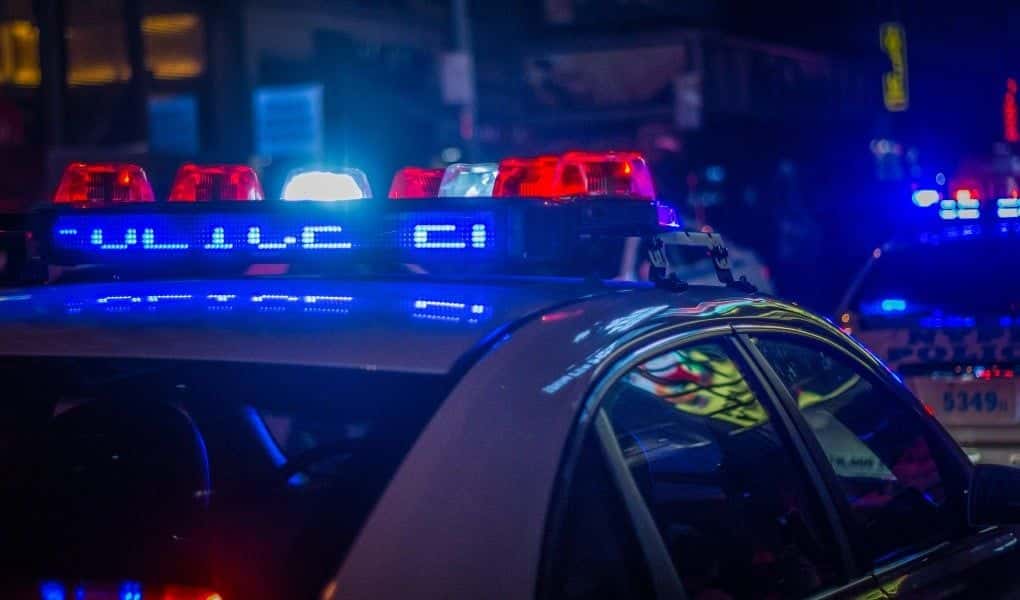Court: United States Court of Appeals for the Fifth CircuitJurisdiction: FederalCase Name: Plaintiff 1 v. Thibodaux CityCitation: 887 F.3d 726
The defendants retained an orthopedic surgery expert witness to opine on the plaintiffs’ chronic pain. However, the plaintiffs argued that the expert’s testimony exceeded his expertise.
Facts
The plaintiffs sued the city and seven police officers for unlawful arrest and excessive use of force. They alleged they were riding a truck with two friends when police officer no. 1 recognized one of the friends. Police officer no. 1 realized the friend had an outstanding warrant. He then intervened, instructed the friend to leave, and handcuffed her. However, officer no. 1 couldn’t place the friend in his vehicle because his K-9 dog was in the backseat. When officer no. 1 tended to the plaintiff’s friend, plaintiff 2 opened her door. Officer no. 1 ordered her to stay, and she abided. A few minutes later, more police, including officers 2, 3, and 4 arrived. An officer (which one is unclear) placed the friend behind a patrol vehicle.
Then, officers 1 and 2 entered the bus, telling riders to identify themselves. The plaintiffs’ other friend said she had no identification but gave her name and birthdate. She was not arrested. The plaintiffs declined to reveal themselves. Then, they remained in the truck using their phones. The police charged them for resisting an officer by refusing to identify themselves. The police dragged the plaintiffs from the vehicle to the ground.
According to plaintiff 2, Officer 2 yanked her from the truck by her hand and head. Plaintiff 1 claimed officer 2 opened her door, pulled her from the truck and slung her to the ground. Officers 3 and 4 testified that they came over to support the arrests. Although police said plaintiff 1 and plaintiff 2 screamed obscenities throughout the incident, plaintiff 1 insisted she was quiet. Officer 2 said plaintiff 2 kicked, screamed, and threatened to have him fired as he handcuffed her. The police jailed plaintiffs 1 and 2.
The Defendants’ Orthopedic Surgery Expert Witness
Before trial, the plaintiffs filed numerous motions to exclude the testimony of the city’s orthopedic surgery expert witness. The court in part dismissed the plaintiff’s first request. The court essentially allowed the orthopedic surgery expert’s analysis and deposition. However, the court banned the expert from testifying on the plaintiff’s drug use and previous encounters with law enforcement. The court also prohibited the expert from discussing the specifics of the lawsuit. The expert witness testified exclusively by video deposition. After taking the deposition, the plaintiffs moved to exclude it. The plaintiffs made virtually the same arguments contained in their first exclusion motion. The district court denied it as untimely and cumulative.
Discussion
The plaintiffs contended that the orthopedic surgery expert witness was unqualified and the expert’s evidence surpassed his competence. The court disagreed. The district court accepted the expert’s testimony in part. The court decided after crediting the city’s uncontested claims that he was a board-certified orthopedic surgeon for nearly 40 years. Furthermore, the expert had qualified as an orthopedic surgeon in federal and state courts. Therefore, the orthopedic surgery expert witness was qualified. His evidence on the long-standing persistent pain of the plaintiffs was clearly within the scope of his expertise.
The district court also removed parts of the expert’s report that it felt could mislead and prejudice the jury. Additionally, the court gave his potential testimony explicit parameters. The plaintiffs’ second motion to withdraw the expert’s video deposition was similar to their first. The district court found the plaintiffs’ second motion to be premature. Nothing in the district court rulings was clearly erroneous.
Ruling
The court denied the plaintiffs’ motion to exclude the orthopedic surgery expert witness testimony.
Key Takeaways for Experts
Professional experience and legal involvement are two important aspects when it comes to establishing credibility. In this case, the court allowed the expert because he qualified as an expert in orthopedic surgery in federal and state courts. Furthermore, the expert had vast experience as a board-certified orthopedic surgeon. The easiest way to poke a hole in an expert’s testimony is through credibility. Make sure your testimony aligns with your expertise. By doing so, the opposing counsel will have a harder time attempting to exclude your opinion.
About the author
Zach Barreto
Zach Barreto is a distinguished professional in the legal industry, currently serving as the Senior Vice President of Research at the Expert Institute. With a deep understanding of a broad range of legal practice areas, Zach's expertise encompasses personal injury, medical malpractice, mass torts, defective products, and many other sectors. His skills are particularly evident in handling complex litigation matters, including high-profile cases like the Opioids litigation, NFL Concussion Litigation, California Wildfires, 3M earplugs, Elmiron, Transvaginal Mesh, NFL Concussion Litigation, Roundup, Camp Lejeune, Hernia Mesh, IVC filters, Paraquat, Paragard, Talcum Powder, Zantac, and many others.
Under his leadership, the Expert Institute’s research team has expanded impressively from a single member to a robust team of 100 professionals over the last decade. This growth reflects his ability to navigate the intricate and demanding landscape of legal research and expert recruitment effectively. Zach has been instrumental in working on nationally significant litigation matters, including cases involving pharmaceuticals, medical devices, toxic chemical exposure, and wrongful death, among others.
At the Expert Institute, Zach is responsible for managing all aspects of the research department and developing strategic institutional relationships. He plays a key role in equipping attorneys for success through expert consulting, case management, strategic research, and expert due diligence provided by the Institute’s cloud-based legal services platform, Expert iQ.
Educationally, Zach holds a Bachelor's degree in Political Science and European History from Vanderbilt University.



